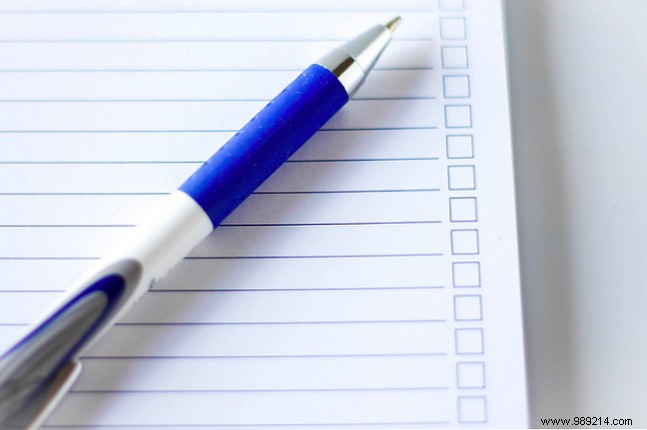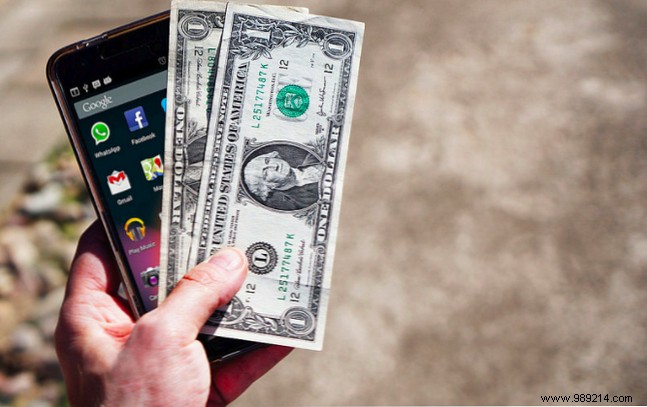If you've tried every productivity hack from the experts but still feel overwhelmed by your to-do list, these unconventional, research-supported tips might be the game-changer you need.
Most online advice is anecdotal—what works for one person may flop for you. That's why evidence-based strategies matter. Science shows productivity ties closely to well-being, and targeted tweaks to your habits and environment can unlock real gains.
Common starters include finding your ideal morning routine, prioritizing sleep with proven secrets, using Pomodoro timers for focused bursts, selecting the right music to drown out distractions, exercising regularly, or switching to a standing desk. For deeper dives: 7 Secrets to a Peaceful Sleep, According to Science; The Best Pomodoro Timer Apps; The Best Music to Stay Productive at Work.
Not every tip fits everyone—it's trial and error. If standard methods fall flat, try these offbeat, science-backed approaches instead.
Skip the 'eat the frog' advice to tackle your biggest task first. For many, it drains motivation early. Instead, delay it by an hour or two and knock out smaller tasks first.

Harvard's Teresa Amabile analyzed thousands of employee diary entries and found tracking 'small wins' boosts motivation via dopamine hits. Use a to-do app like Any.do, Todoist, or Wunderlist—checking items off creates momentum, making your main task (MIT) feel approachable later.
Rewards motivate some, but penalties work better for others due to negativity bias. Studies show the threat of loss outperforms gain incentives.

Bet with a friend—lose a day's pay if you slack—or use apps like StickK, donating to a cause you dislike (e.g., opposing politics) if goals slip.
Don't dismiss it as self-help fluff—scientists, doctors, and high-achievers like Tim Ferriss swear by it. Expressive writing sharpens problem-solving (per studies) and cuts anxiety (Psychotherapy Research).

Track ideas, progress, or emotions digitally with Evernote, OneNote, Day One, or Journey. How to Keep a Daily Journal for a Year offers habit-building tips.
When tasks pile up, science says stop before diminishing returns hit. Stanford's John Pencavel's 2014 study on WWI factory data (echoed in modern knowledge work) shows output per hour drops after a fatigue threshold.

Track energy with Exist, TracknShare, or a simple Excel sheet to pinpoint peak hours and rest proactively. Discover Your Most Productive Hours guides the method.
Constant checking keeps you 'always on,' spiking stress and tanking recovery. A 2016 study linked it to lower mood, energy, and higher tension—even bleeding into next-day work.

Unplug fully post-work. How to Delete Your Email App Without Negative Results details safe implementation—extend to Slack for full recharge.
Not all will click, but their research backing gives them strong odds. Experiment to cut stress, boost output, and enhance well-being.
Which productivity tips transformed your routine? Share in the comments!